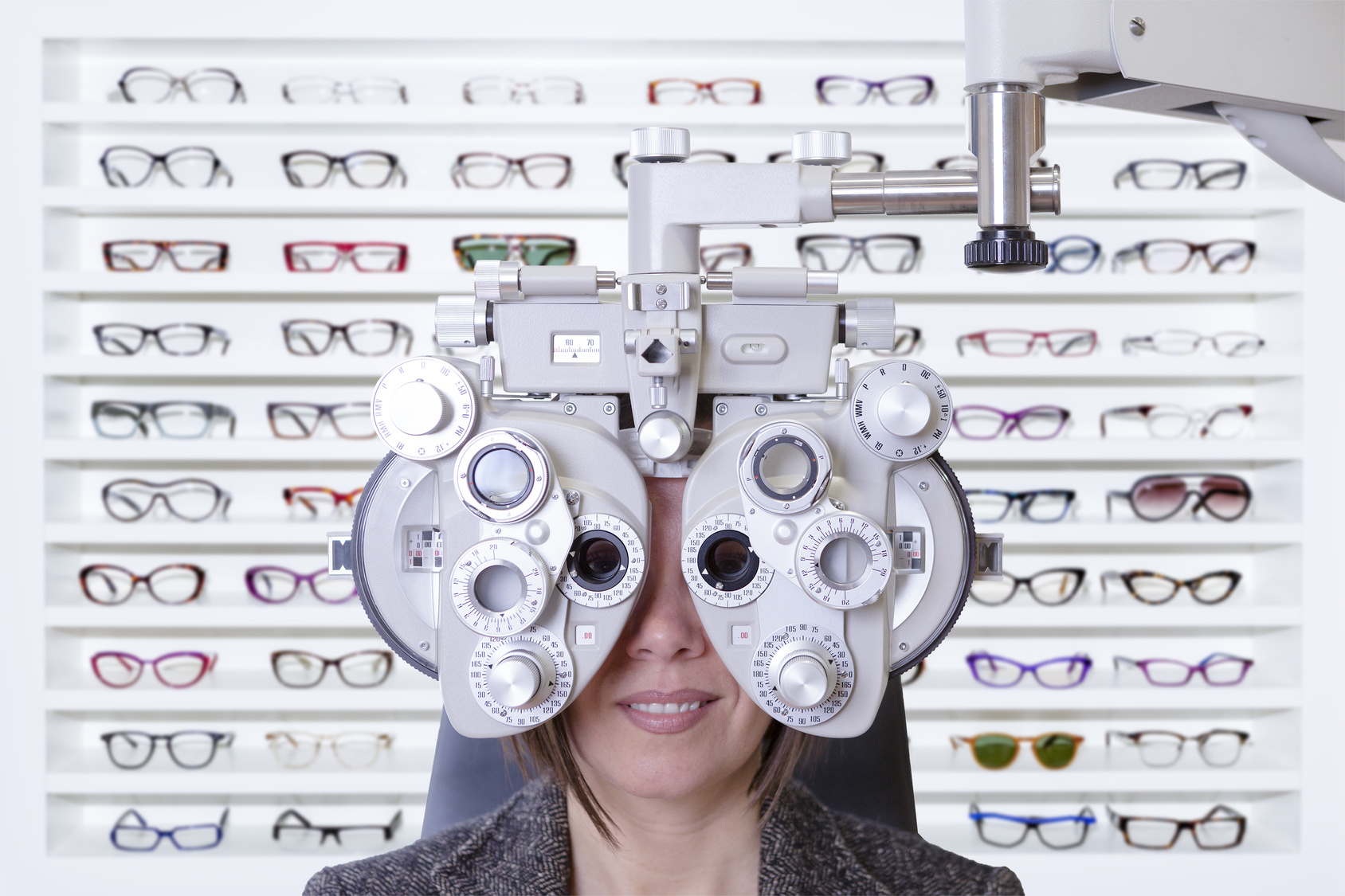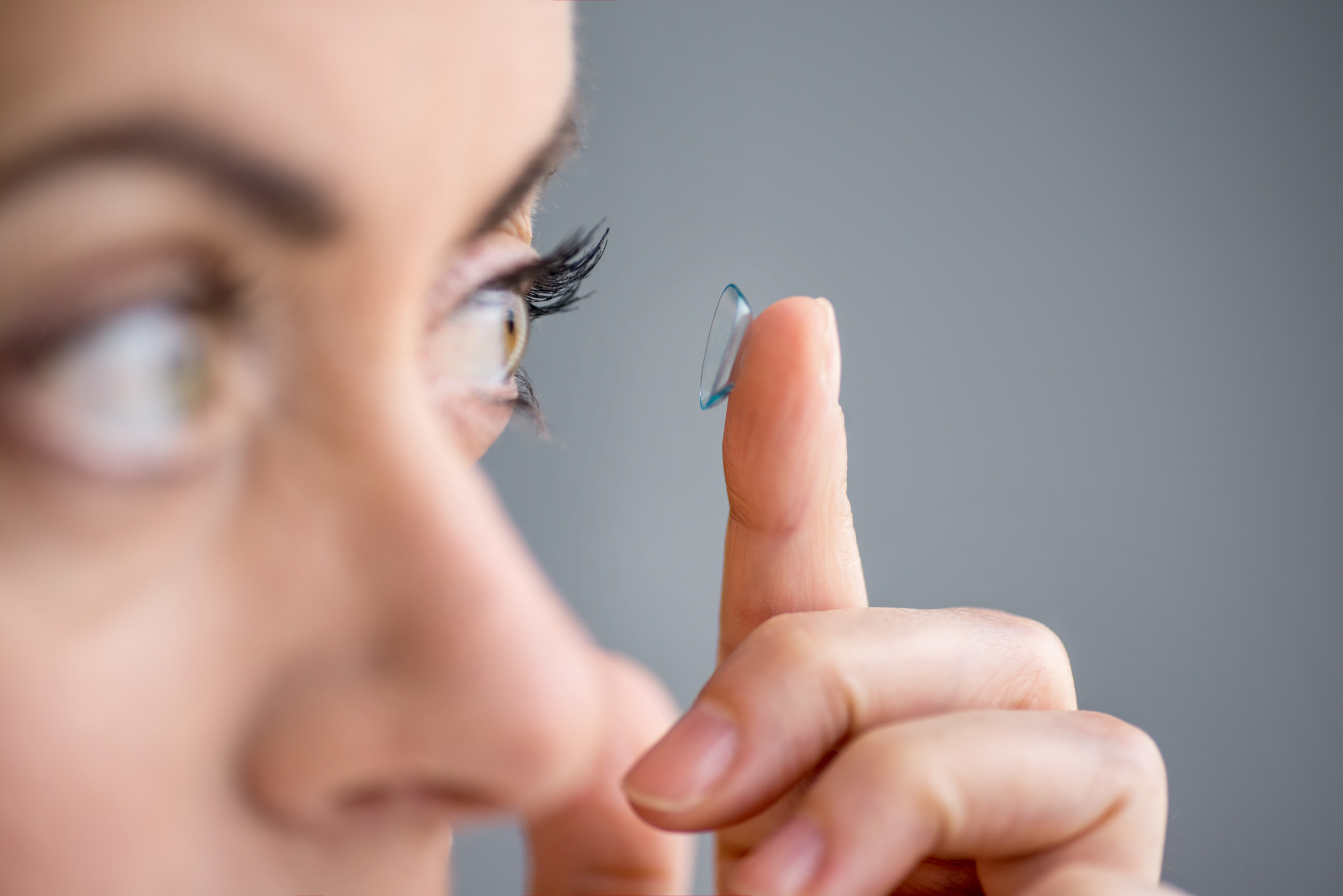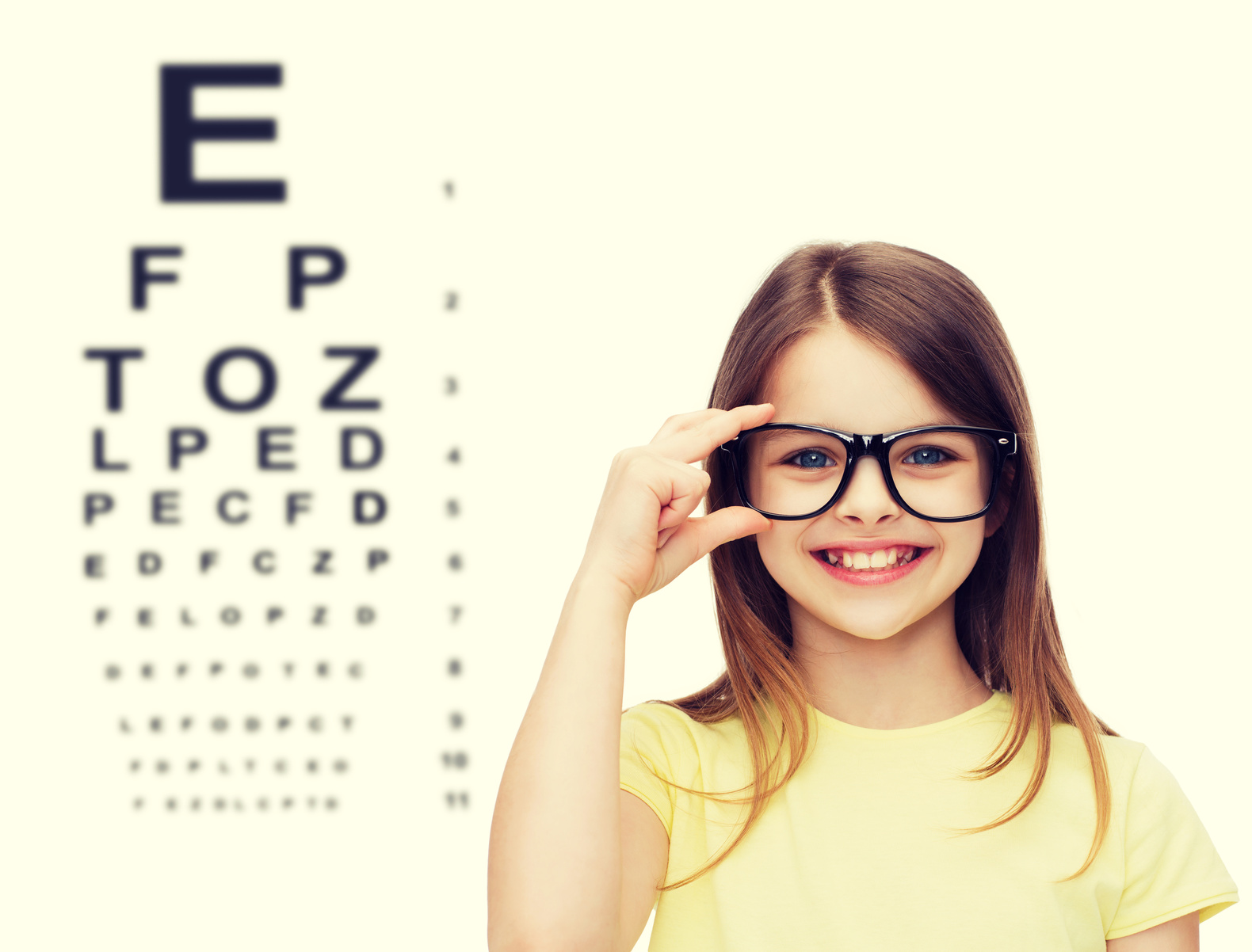Comprehensive Eye Exam:
During a comprehensive eye exam various tests are performed to check your vision sharpness, determine your prescription strength, as well as examine how your eyes work together. You may also dilate your eyes to see if you have any eye conditions or signs of other serious health conditions. Refraction is a part of this procedure and is the test that your eye doctor will be using to determine your exact eyeglass prescription.

Contact Lens Fitting:
It's important to understand that a comprehensive eye exam typically does not include a contact lens fitting. Before you are fitted with contact lenses, a comprehensive eye exam is performed. The contact lens fitting is an extra step that will measure your eye surface to determine what size and type of contacts are best for you.

Ocular Emergencies:
An ocular emergency is a condition that can cause a sudden loss of, or decrease in a persons vision that could possibly lead to a permanent condition.

Pediatric Comprehensive Eye Exam:
Great vision is a key contributor to a child’s physical development, success in school and overall well-being.
When to bring your child in for a check up?
If the child fails a vision screening, screening is inconclusive or it cannot be performed.
When referred by a pediatrician or school nurse.
Child has a vision complaint or abnormal visual behavior is observed.
Child has a learning disability, developmental delay, neuropsychological condition or behavioral issue.
We examine children who are 5 years of age or older.
When to bring your child in for a check up?

